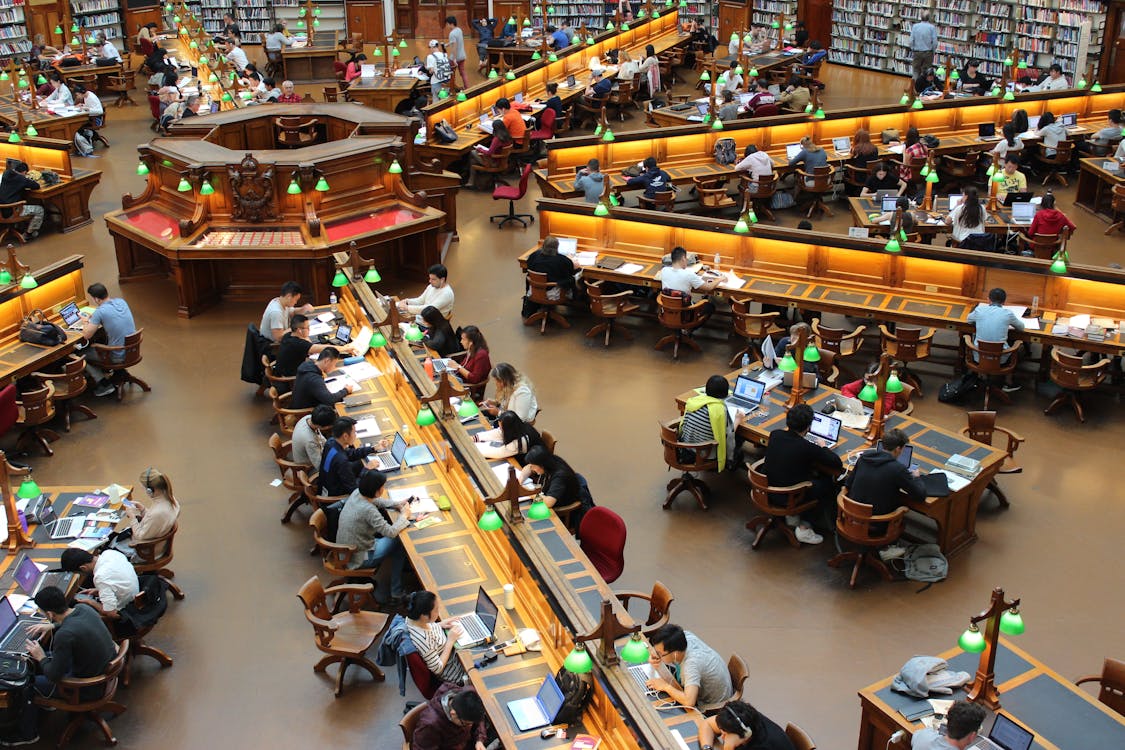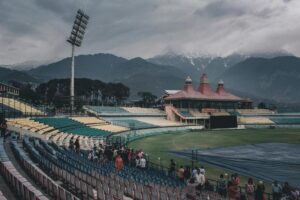
Pakistan is in the midst of a democratic spectacle as it prepares for the much-awaited Election 2024, which is set to begin on February 8th. The election period strategically spans eight holidays, which begs the question of why this time off is important and how it might affect voting, civic involvement, and the democratic fabric of the country. This article aims to dissect the many factors that went into deciding which holidays to give each industry, as well as the reasons for the decision and its effects.
The Election 2024 Buzz in College Communities: Awareness and Anticipation
There’s a noticeable stir in student communities as Election 2024 draws near. Find out how much students know and are expecting from the next elections and how they might affect the country.
Charting the Election 2024 Intervals: A Schedule for Involvement with Students-Pakistan
a thorough analysis of the eight student-designated vacations during the election season, taking into account their place in the academic calendar and any possible advantages for students.
Election Days, Sundays, and Kashmir Day: A Planned Holiday System: Pakistan
Take a look at the actual election days inside the allotted gaps, the cunning arrangement of Sundays, and Kashmir Day on February 5. Recognize how this holiday schedule seeks to strike a balance between continuing education and public participation.
Impact on Education: Promoting Civic Engagement in Colleges and Universities
An investigation into the potential effects on educational institutions of the Election 2024 breaks. Talk about how it could promote civic engagement, encourage student leadership, and provide academic contemplation time.
Promoting Student Engagement: Beyond the Age of Voting
Even though they may not be of voting age, students’ participation in the democratic process is vital. Examine programs and projects that might meaningfully involve students and foster a feeling of civic responsibility.
The Function of Academic Institutions: Encouraging Learning Outside of the Classroom
Examine how incorporating civic education and engagement during election breaks can help schools and colleges actively contribute to the development of responsible citizens. Think about how teachers can help kids with this process.

Academic Strictness and Civic Education: A Tightrope to Walk
Talk about the benefits and challenges of striking a balance between the requirement that students participate in civic learning during election breaks and the academic rigor of educational institutions.
Student Views: From the Campuses: Voices
Provide student perspectives on the Election 2024 breaks, including their anticipations, firsthand accounts, and introspection. Record the various viewpoints and beliefs found on campus.
Beyond the Polls: Student-Led Civic Engagement Projects
Examine the range of civic participation initiatives that students can take part in during their breaks, such as planning discussions and awareness campaigns or community service projects.
Difficulties and Rebuttals: Discussing the Disruption in Education
Discuss the possible drawbacks and objections to deviating from the regular academic timetable to accommodate election breaks, keeping in mind issues with curriculum coverage and test dates.
International Comparisons: Different Countries’ Approaches to Student Involvement
Compare international trends with Pakistan’s strategy for including students in the electoral process. Find inspiration and insights from other nations that actively engage their students in democratic processes.
The Long-Term Effect: Developing Future Leaders During Election Pauses
Finally, consider how the Election 2024 pauses might affect the development of educated and responsible citizens in the long run. Think about how these experiences could help shape the next generation of leaders who are closely woven into Pakistan’s democratic fabric.
Technology and Student Involvement: Using Online Resources Visit: https://www.ecp.gov.pk/
Consider the ways in which technology can be a key component of keeping students engaged during the Election 2024 vacations. Examine the possibilities of using digital platforms to hold webinars, interactive classes, and virtual events to keep students informed and engaged.
Guest Lectures and Seminars at the Crossroads of Politics and Academics
Look into the potential of having academics, political analysts, and experts on elections give guest lectures and seminars during the breaks. Examine how these exchanges can improve students’ comprehension of democracy and the political system.
Developing Critical Thinking Skills through Election Debates and Mock Voting
Examine the significance of teaching pupils to think critically. Talk about the notion of holding simulated elections and election debates in educational institutions so that students.
Assessing Achievement: Measures to Assess Student Involvement
Create measures to evaluate the effectiveness of student involvement programs during the election breaks. Take into account elements like enhanced voter awareness, student involvement in civic engagement initiatives, and the curricular integration of civic education.
Takeaways: Molding Upcoming Election Intervals
Consider the lessons that students learned from the Election 2024 breaks in the last segment. Talk about how these realizations can influence how elections are handled in the future so that civic involvement and education are better included in the educational system.

In conclusion, Democratic Breaks Can Help Empower Future Leaders
In conclusion, the idea of democratic breaks during Pakistan’s election in 2024 has enormous potential to influence how the country’s future is portrayed. These well-planned breaks from the academic schedule are more than just little moments of relaxation; they act as impetuses for the next wave of leaders to emerge. The relevance of these breaks extends beyond the walls of classrooms and campuses, touching on the core of civic engagement, education, and democratic principles, as we have discussed throughout this piece.
Democratic breaks have several advantages, as demonstrated by their effects on students, educational institutions, and the community at large. Through the designation of these eight holidays, which also include Sundays and the commemoration of Kashmir Day, the Pakistani government has acknowledged the value of civic education and actively given students a forum to participate in the political process. This participation has far-reaching consequences that go well beyond the current election cycle, establishing the groundwork for an informed, involved, and accountable citizenry.
An important lesson to be learned from this investigation is how educational institutions may foster civic responsibility. Through diverse programs, such as technology-enabled dialogues, guest lectures, seminars, and mock elections, students can develop their critical thinking abilities, acquire knowledge of the political arena, and recognize the significance of their voices in determining the future of their country. By taking a comprehensive approach to civic education, students are empowered to participate in the democratic process as informed citizens as well as voters.
The long-term effects on students must be taken into account as we assess the projects’ performance. Success indicators will include metrics evaluating voter awareness, involvement, and the incorporation of civic education into the curriculum. Democratic Breaks can continue to be a powerful force in forming the leaders of the future by being improved and refined in the future, thanks to the lessons gathered during Election 2024.
Democratic breaks during Election 2024 have essentially given students an opportunity to witness democracy in action. These breaks are an investment in Pakistan’s future, not just a diversion from the usual academic schedule. These pauses have the capacity to make a lasting impact on the course of the country by educating pupils, encouraging critical thinking, and developing a sense of civic responsibility. Looking ahead, it is evident that Democratic Breaks’ goal of empowering future leaders is more than simply a catchphrase; rather, it is a transformative force that may support Pakistan’s democratic spirit as it develops and becomes more resilient.
Also visit:
PSL 9 Tickets Online: Price and More to the 2024 Cricket Fiesta







